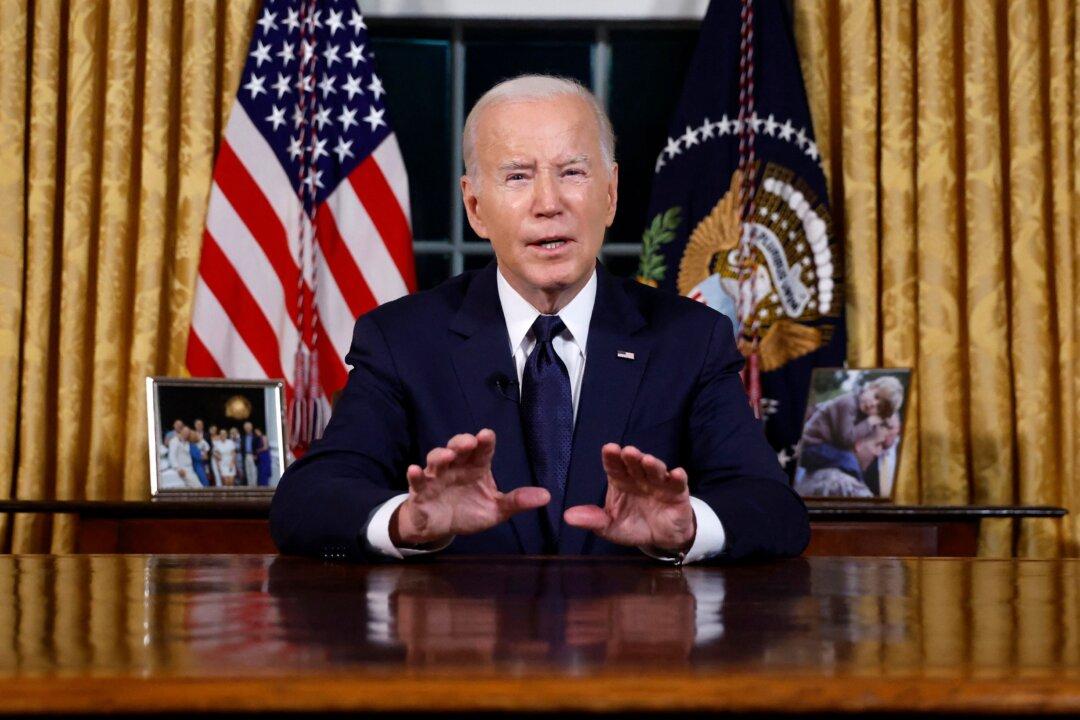President Joe Biden’s response to the recent Hamas–Israel conflict has placed him in a delicate political position, with divisions emerging within his own Democratic Party.
Although his initial show of support for Israel aligns with American public opinion, the dynamics within the party could become increasingly complex if the war drags on.






